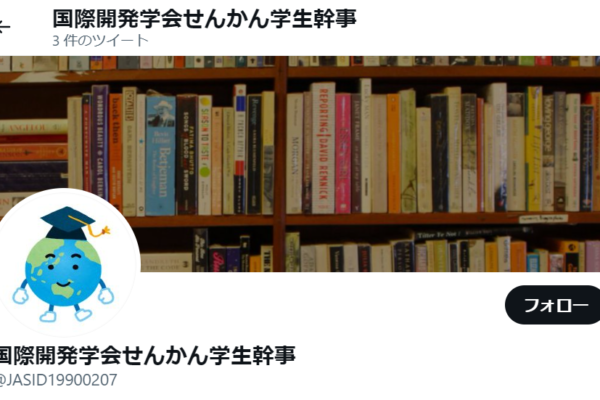[RG21-2] Development Approach to Human Security of Children

‘Human security’ is a concept to address safety and security of individual human beings, complementing the traditional concept of state security. It is also a concept to recapture security from the perspectives of protecting people from threats and hazard against their lives, livelihood and dignity, and of empowering people to become more resilient to such threats and hazard, adapting to such social environment.
The objectives of this research group “Development Approach to Human Security of Children” is to explore the concept of ‘human security of children’ collectively, to share empirical cases studied by participating researchers, and to construct a theoretical framework that may facilitate policy recommendations. The Sustainable Development Goals (SDGs), with a principle of “leave no one behind,” share common issues with the concept of human security.
Thus, in our efforts to achieve the SDGs, development studies and human security studies are closely linked. In exploring how a development approach can be applied to the concept of “human security of children,” this research group will try to position ‘children’ in development studies.
In the fields of international development and human security, research focusing on children has not yet been mainstreamed. Therefore, this research group is expected to play a significant role in promoting an inter-disciplinary approach to “human security of children” in development studies, involving members from diverse academic disciplines. The research group will organize quarterly regular academic meetings.
Based on the research outcomes of the meetings, it plans to organize sessions at spring conferences as well as at annual conferences of the Japan Society for International Development (JASID). Based on the presentations conducted at the regular meetings and JASID conferences, participating members will write academic papers for publication. Some of the papers may be compiled as a book on “human security of children,” which will help disseminate research findings to a broader audience.



